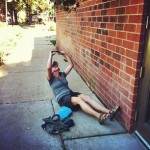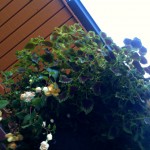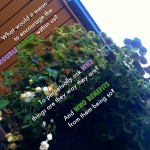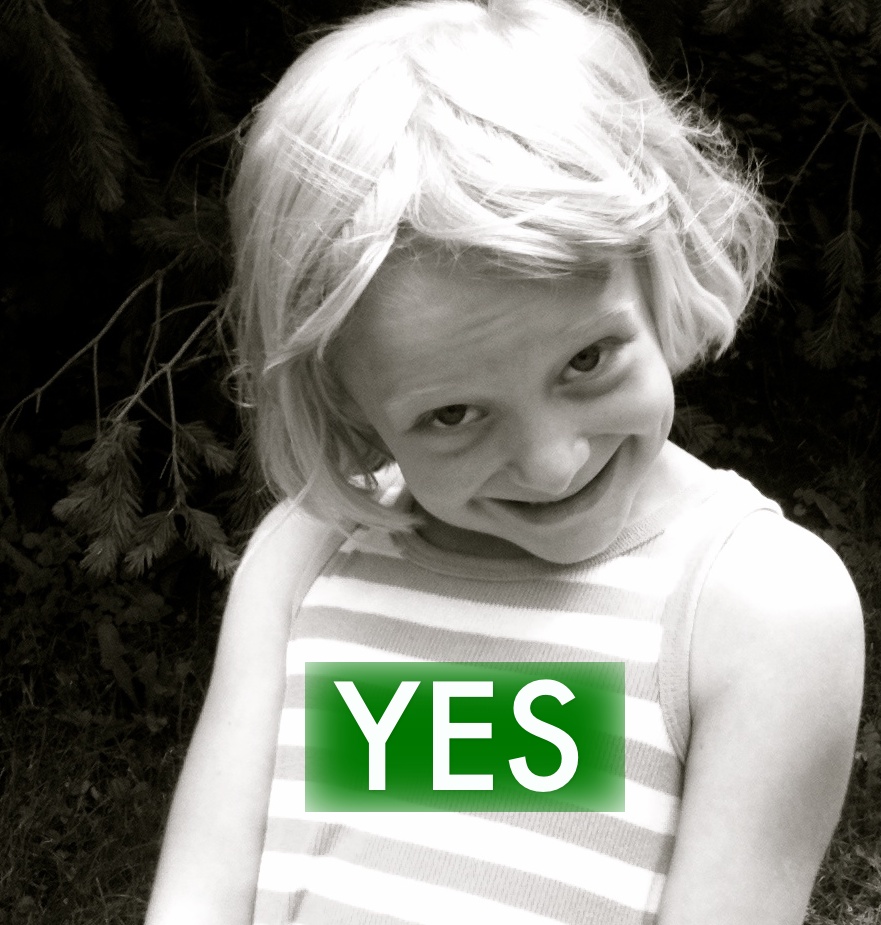So, last summer I attempted (quite unsuccessfully) to write and submit an article about “feeling trouble not troubled in the classroom.” While I generated some useful ideas, I never converted them into an academic article. Why not? I’m sure it had something to do with my need to prep two classes while watching/hanging out with my two kids (who were 5 and 8 at the time). And I know that it had a lot to do with my growing resistance to academic writing. It’s difficult, and frequently not in ways that push me to engage more deeply and meaningful with ideas or authors or experiences.
Now it’s a year later and I’m trying again. I’m still resistant to writing in ways that I don’t want to, but I also recognize the value of sustained, deliberate, and laborious attention to working with and through what it might mean to feel trouble in the classroom. As a result, I’m trying to craft a very brief abstract today to submit for a call for papers on queering academic spaces.
I’m amazed at my resistance to this activity. I know that I’ve taught, thought about and practiced a queering pedagogy that fits with the themes of the edited collection that I want to be included in. Yet, I’m doing everything I can to avoid writing the abstract. Like tweeting:
Or posting on facebook (which, BTW, I almost never do):

Or, writing this blog post. Why such resistance? Perhaps even the fact that I want to pose this question and then engage with it is an effort to procrastinate?
Or is it? The theme of my proposed essay is “feeling trouble in the classroom.” It’s all about creating spaces within (and outside of) the classroom for feeling (addressing, processing, struggling with )the trouble that engaging with queer ideas/concepts/authors engenders. In “Queering/Querying Pedagogy? Or, Pedagogy is a Queer Thing,” Suzanne Luhmann writes:
As an alternative to the worry over strategies for effective knowledge transmission that reduce knowledge to mere information and students to rational but passive beings untroubled by the material studied, pedagogy might be posed as a question (as opposed to the answer) of knowledge: What does being taught, what does knowledge do to students (7)?
She continues by offering these questions:
How does the reader insert herself into the text? What kind of identifications are at stake in this process? What structures these identifications? How do identifications become possible, what prevents them, and ultimately, makes learning (im)possible? (7)
In my own pedagogical practices (inside the classroom and online–course blogs and this trouble blog), I strive to create spaces where readers/class members, myself included, can explore/work through/engage with what knowledge does to us. This is true in all of my classes, but especially the three undergraduate queer courses that I’ve taught: queering theory, fall 2009; queering desire, fall 2010; queering theory, fall 2011. In each of those classes, I experimented with online and offline ways in which to articulate, share and process our feelings (resistance, confusion, excitement, wonder, anger, uncertainty) about the ideas that we encountered.
Could my resistance to writing about queering pedagogy be about more than mere procrastination? Yes. Do I have time to reflect on why I resist? No.
As I (try) to work on my abstract, here are the posts that I’m drawing on:
Feeling Trouble and Troubled in the Classroom, part ONE, part TWO, part THREE





